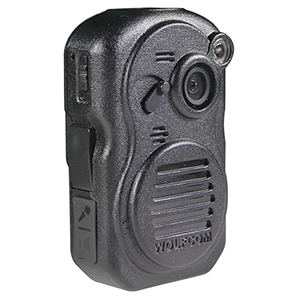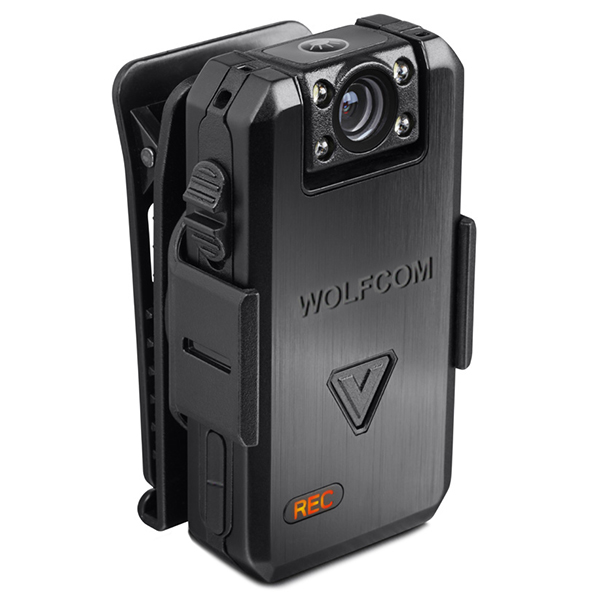Police body cameras have become a popular tool for law enforcement agencies around the world in recent years. They are small, wearable cameras that police officers can attach to their clothing or gear to capture video and audio footage of their interactions with the public. The use of police body cameras has both advantages and disadvantages, and this article will explore some of the pros and cons.
Pros of Police Body Cameras:
- Increased Accountability: One of the primary advantages of police body cameras is that they increase the accountability of law enforcement. The cameras can provide clear evidence of what occurred during an interaction, and can help to prevent false accusations or disputes about the events that took place.
- Better Evidence Collection: Body cameras can also be a valuable tool in evidence collection. The footage can be used as evidence in criminal trials, and can provide a more accurate and comprehensive record of an incident than written reports or eyewitness testimony.
- Improved Transparency: Body cameras can also improve transparency in law enforcement. The public can have more confidence in the actions of police officers if they are able to see the footage of interactions with the public.
- Training Tool: The footage captured by body cameras can be used as a valuable training tool for law enforcement. The footage can be reviewed to identify areas where officers can improve their techniques, communication skills, and de-escalation methods.
Cons of Police Body Cameras:
- Cost: One of the main disadvantages of body cameras is their cost. Outfitting an entire police department with cameras can be expensive, and there are ongoing costs associated with storing and managing the footage.
- Privacy Concerns: Body cameras can also raise privacy concerns. The cameras capture audio and video footage of individuals in public spaces, and there are concerns about how this footage will be used and who will have access to it.
- Technology Limitations: Body cameras are not a panacea, and there are limitations to what they can capture. The cameras may not capture every angle or every detail of an incident, and there are limitations to how much footage can be stored.
- Potential for Misuse: Finally, there is a potential for misuse of body cameras. Police officers may turn off the cameras during certain interactions, or they may delete footage that could be incriminating. Additionally, there is a risk that the footage could be used to target specific individuals or communities unfairly.
In conclusion, while police body cameras have many advantages, they also come with significant costs and concerns. It is important to carefully consider the pros and cons before implementing a body camera program in a police department, and to ensure that policies and procedures are in place to address the privacy concerns and potential for misuse.




